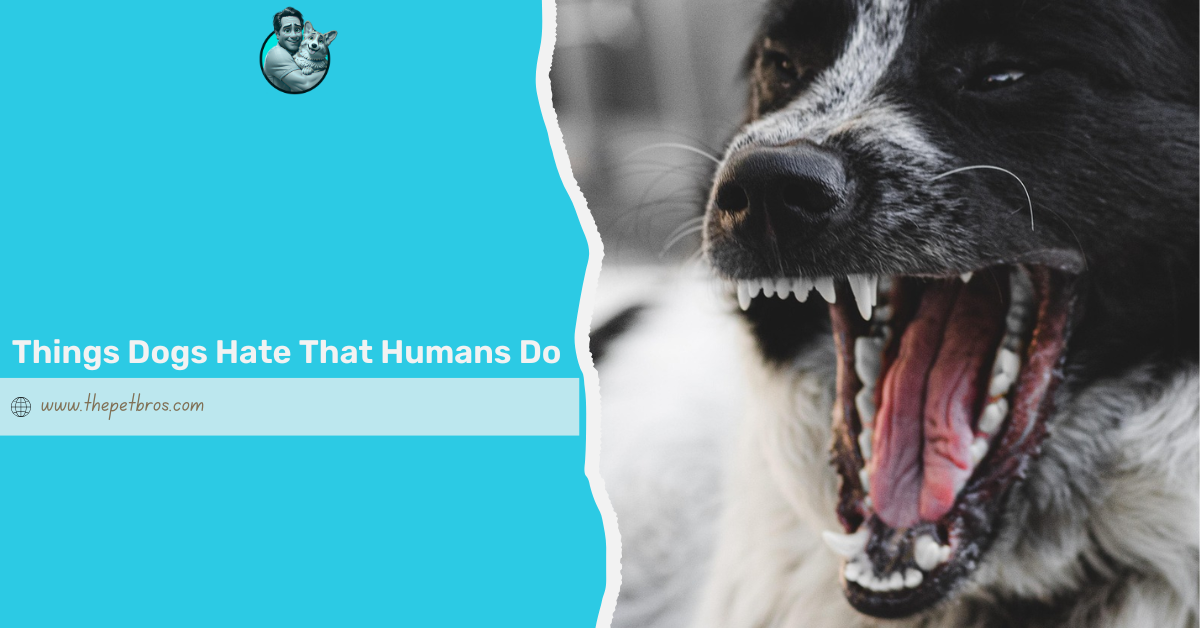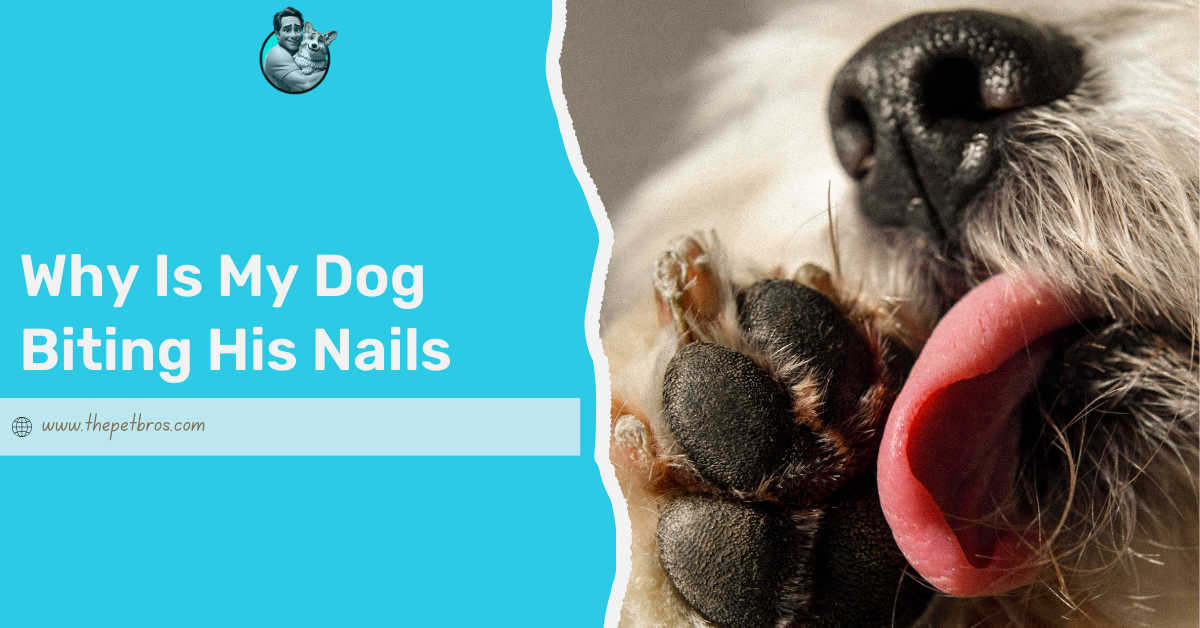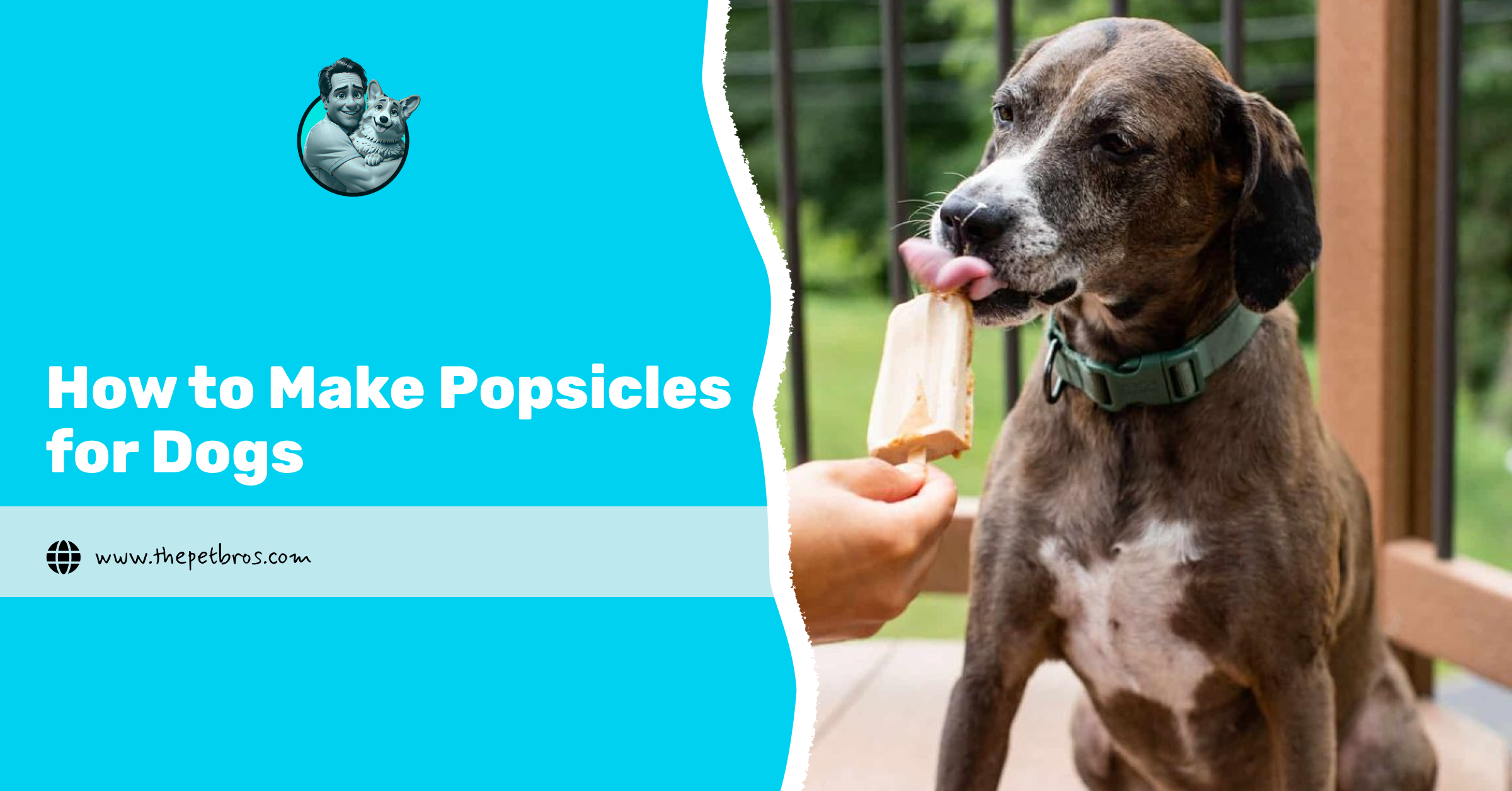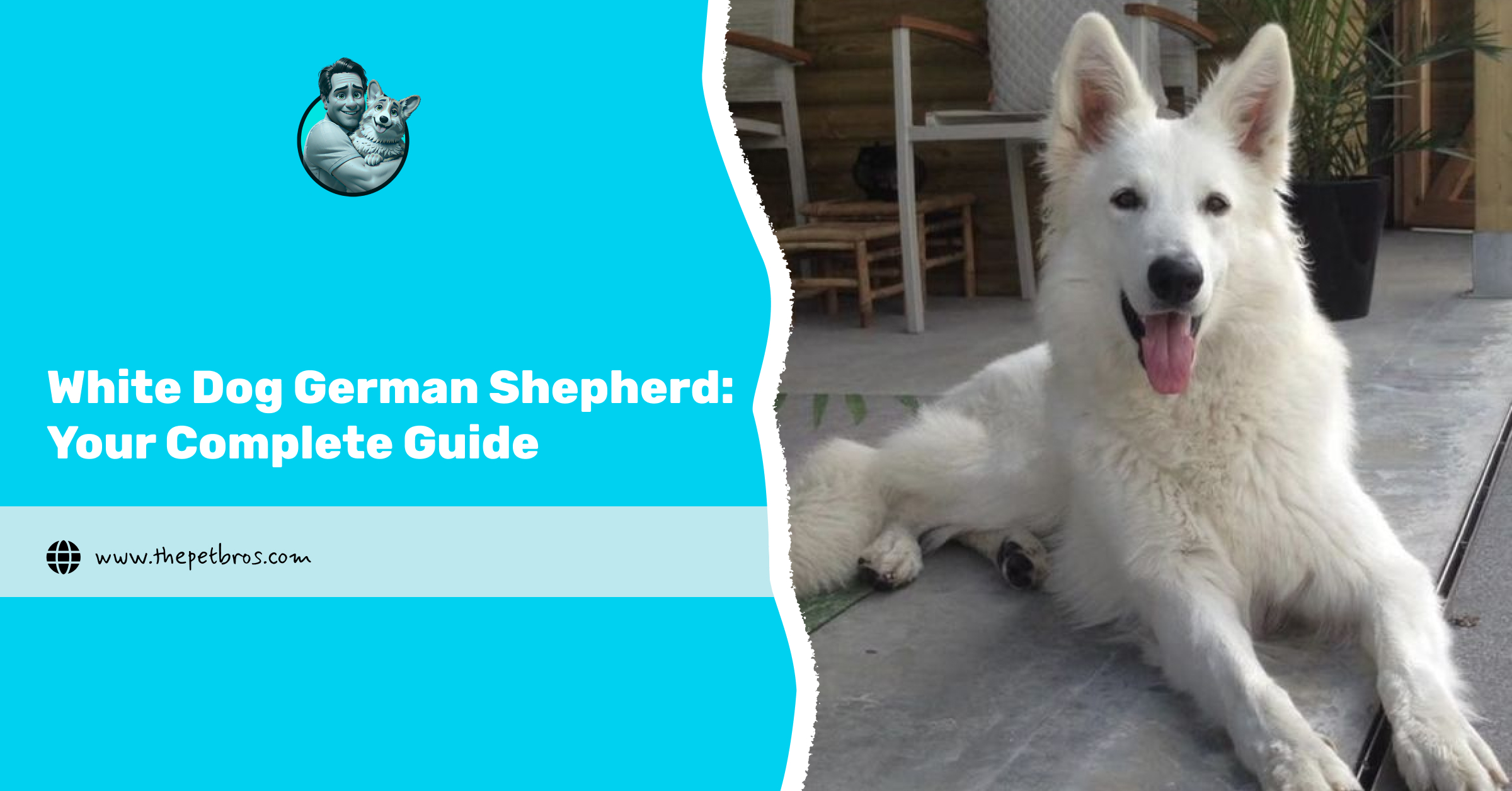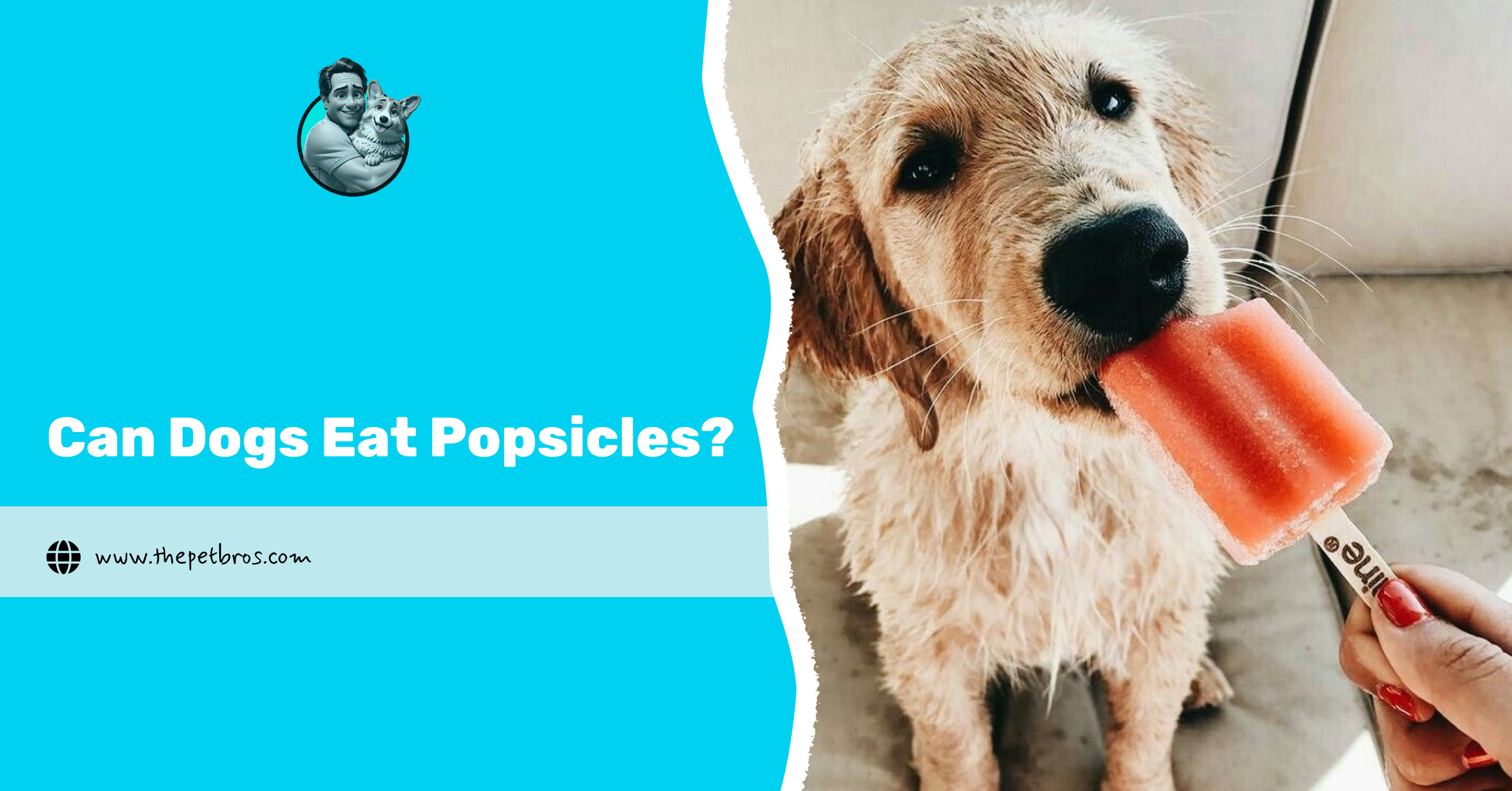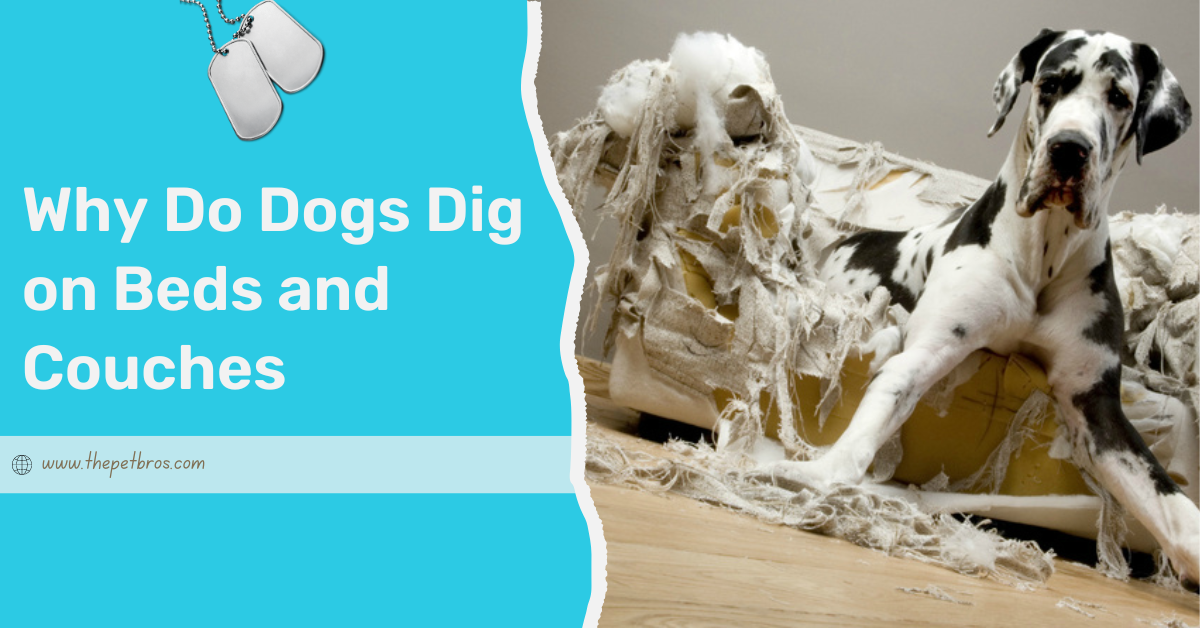Have you ever caught your dog giving you the stink eye after you did something you feel was completely innocent? Believe it or not, there are things dogs hate that humans do. On one hand, you think you’re showing love and affection, on the other hand, your dog thinks you’re trying to rub them off the wrong way.
See, it’s easy to miss the subtle ways our everyday actions affect them. Learning to recognise these signs can make all the difference. So, in this article, we’ll take a look at 10 common things dogs hate that humans do, so you can make little adjustments that will help you lead a happier relationship with your dog. After all, a well-loved dog is a well-behaved dog, and you love them well enough to try and understand them.
10 Things Dogs Hate That Humans Do
1. Hugging Your Dog
Why does your dog hate it when you hug them? Well, we all love a good cuddle, but when it comes to hugging your dog, things get a little tricky. Dogs aren’t built to enjoy hugs the way we do. We see hugs as a sweet, affectionate gesture. However, dogs feel trapped when we wrap our arms around them. Imagine having someone hold you tight without giving you a chance to escape, not very fun, right? That’s how it feels for many dogs.
In place of the bear hug, you can stick to doing the things that actually make your dog happy. Let them come to you, and if they’re in the mood for cuddling, they’ll snuggle up on their terms. Pet them gently on the back or chest instead. Dogs appreciate this more because it feels less confining and more like a natural interaction. Pay attention to their body language: if they lean in for more, you’re good to go. If they step back, give them some space.
2. Getting in Your Dog’s Face
Imagine you’re just chilling, minding your own business, and then someone suddenly leans right into your personal space. You’d probably feel a bit uncomfortable, right? Well, that’s precisely how your dog feels when you get too close to their face.
Dogs aren’t really fans of having strangers or even familiar faces looming over them or getting right in their grill. It can feel threatening to them, and they might not know if you’re about to do something scary like poke their eyes.
When you want to approach your dog, do so calmly and at their level. If you’re doing something like grooming or cleaning their ears, go slow and gentle, and if they seem uneasy, back off and give them a break.
3. Not Letting Your Dog Sniff on Walks
We all know walks are essential for our dogs, but here’s the thing: We see it as a way for them to burn off energy, whereas for them, it’s like a sensory adventure. While you are busy enjoying the fresh air, your dog is taking in all the smells around them, sniffing anything sniffable — trees, flowers, and the lamppost you just passed.
The problem starts when you rush them through a walk without letting them stop and sniff; you’re cutting off their exploration short. Let’s say your friend took you to your favourite store and then dragged you throughout your time there without letting you stop and look at anything. You’ll probably think, “What’s the point of coming here then?”. That’s how it feels for your dog when you don’t give them time to sniff.
Next time, slow down and let your dog take their time. Allow them to stop and sniff around; it’s great for their mental stimulation and keeps them engaged.
4. Lack of Routine and Rules
You shouldn’t assume that your dog doesn’t mind a little chaos in their day, but the truth is, dogs thrive on routine. Dogs love knowing what to expect. It makes them feel secure. The best way to tackle this is by setting up a routine for your dog’s feeding, walking, and playtime, and sticking to it. Like humans, dogs are creatures of habit; they learn over time, and the more consistent you are, the happier they’ll be.
Also, ensure you’re clear about the rules. If you let your dog jump on the couch sometimes but not at other times, they’ll be confused about what is allowed. When you teach them boundaries, they’ll feel more settled. Just make sure to be consistent..
5. Yelling at Your Dog and Harsh Punishments
Another thing that dogs hate that humans do is being yelled at. Heck, no one likes being yelled at, and that includes your dog, too. You might think you’ll get their attention by raising your voice at them when they are just getting scared and confused.
Yelling doesn’t communicate what you want; it only creates fear or anxiety. That’s why you hear them whimpering when or after you yell. This can also lead to your dog acting out of character. It’s like trying to have a conversation with someone who’s shouting at you; obviously, they won’t hear you, and neither will your dog when you’re barking orders at them.
So, what should you do instead? The key is positive reinforcement. Reward good behaviour with treats or praise, and redirect your dog gently when they do something wrong. It will encourage them to repeat the desired action without feeling threatened. For example, if your dog chews something they shouldn’t, don’t yell. Instead, redirect them to a toy and reward them when they choose that over the shoe.
6. Dressing Your Dog Up
We get it; dressing up your dog in a cute costume can be hilarious, but have you considered how it makes your dog feel? Most dogs aren’t fans of wearing clothes, especially when they don’t have a say in the matter. It’s simply uncomfortable for them.
They might tolerate it, but that doesn’t mean they actually enjoy it. This is what you can do if you feel like your dog needs a bit of extra warmth: start with simple, comfortable clothing, nothing too tight or overly fancy.
Gradually get them used to it by introducing clothes slowly and pairing them with their favourite treats to make it a positive experience. If your dog still seems uncomfortable, it’s best to ditch the costume. Their comfort should always come first!
7. Strong Fragrances or Scents
You might be obsessed with that new perfume or your favourite scented candle, but your dog? Not so much. Their sense of smell is 10,000 to 100,000 times stronger than ours. Imagine if you could smell a single drop of perfume from a yard away. That’s how your dog experiences strong scents. They notice it, and it overwhelms them. To your dog, this is equivalent to spraying an air freshener in someone’s face every hour.
Simply keep the strong scents away from your dog’s nose or try using unscented cleaning products. You should also be mindful of where you spray your perfume. If your dog is near when you apply your scents, give them a little space to breathe. They’ll appreciate it.
8. When You Leave Them Alone For a Long Time
There’s nothing quite like the heart-wrenching look your dog gives you when you grab your keys and head for the door. It’s like they know you’re leaving, and that’s a big deal for them. Dogs are very social animals, so when you leave them alone for too long, they can feel abandoned.
Some dogs even get separation anxiety, which means that your departure can be a stressful event for them. The best way to ease their loneliness is by leaving them with a favourite toy or something familiar, like an old t-shirt that smells like you.
If you’re leaving for a while, consider hiring a pet sitter or enrolling your dog in a doggy daycare to keep them company. And, when you do leave, don’t make a big fuss about it, keep things low-key so your dog doesn’t get too worked up when you go.
9. Forcing Them Into Uncomfortable Situations
Have you ever noticed your dog “put on the brakes” when you try to get them into the car, into the bath, or to meet someone new? It’s because they sense danger or discomfort, or sometimes they just don’t want to socialise. That’s not to say they’re being stubborn, your dog is just trying to protect themselves from stress or fear.
So, what can you do? Don’t rush them into situations they aren’t ready for. If they’re nervous about something, take it slow. Ease them in with small steps, such as leaving the car door open for a while before getting them inside, or offering treats to make new people seem less intimidating. Just make them feel like they’re in control of their experience.
10. Teasing Them
And lastly on our list of things dogs hate that humans do, we have teasing. We’ve all seen it, you’re laughing, waving your hand in front of your dog’s face or hiding their toy just out of reach, thinking it’s all in good fun. But guess what? Your dog isn’t laughing. Teasing them might seem playful to us, but for dogs, it’s frustrating and confusing. Nobody likes playing a game where the rules keep changing, and you’re never really sure if you’ll win. If you tease your dog, they may become stressed.
Instead of teasing, try to interact with your dog in a way that makes them feel safe and secure, like playing games that they can win, like fetch or tug-of-war, where there’s a clear outcome. Respect their boundaries and make sure playtime is something they enjoy.
So Now What?
Your dog is not just another loyal companion; they’re also emotional sponges. When you’re stressed, upset, or even a little sad, your dog can feel it. They’re incredibly tuned into your emotions and can pick up on the slightest change in your mood. Think of the times when you’re feeling off and suddenly, your dog’s sitting next to you, staring at you, trying to figure out what’s going on.
It’s not only because they’re trying to comfort you; they’re reflecting your emotions, and that, too, can stress them out. If you’re feeling stressed or upset, take a moment to reset before interacting with your dog. Otherwise, you might just be risking doing one of the things they hate that we, humans, do.
FAQs
What’s the best way to approach my dog?
Always approach your dog calmly and avoid getting in their face. Let them initiate contact and respect their personal space.
Why does my dog dislike being left alone?
Dogs are social animals, and many suffer from separation anxiety when left alone for too long. Try leaving them with a toy or calming music.
Can dogs be trained not to dislike certain things?
Yes, with patience and positive reinforcement, you can help your dog feel more comfortable with certain situations they may not enjoy.






